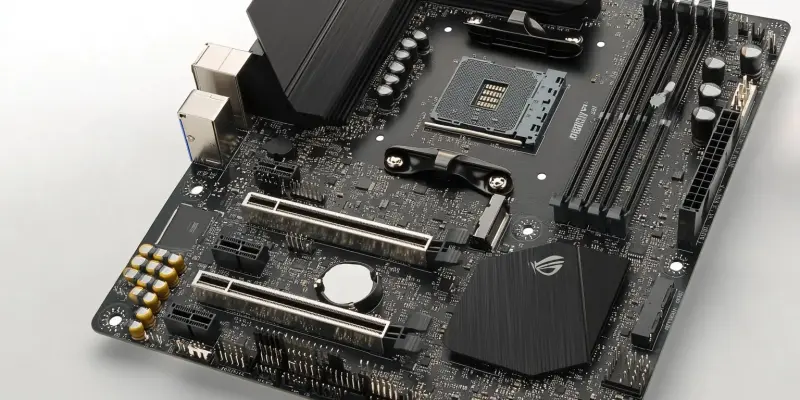In a significant development for China’s tech industry, MSI has announced that their B860 series motherboards now support CXMT DDR5 memory modules, following a recent BIOS update. With support for up to 6800 MT/s DDR5 memory speeds in 4x DIMM configurations, this update is poised to enhance the performance and versatility of these motherboards. The models included in this update are the MAG B860 Tomahawk WiFi, MAG B860M Mortar WiFi, and Pro B860M-A WiFi, all of which are becoming increasingly crucial for high-performance computing needs.
The integration of ChangXin Memory Technology’s (CXMT) DDR5 memory into MSI’s B860 series marks a noteworthy milestone in China’s domestic tech landscape. As China’s first home-grown DDR5 memory modules, CXMT’s products face the challenge of delivering performance despite sanctions on advanced process nodes. While the current CXMT DDR5 memory modules are physically larger than those produced by industry giants like Samsung and Micron, there is already potential for size reduction and cost optimization as production scales up.
MSI’s support of CXMT memory could be a catalyst for other local memory manufacturers to join the market, potentially broadening the adoption of domestically produced memory. This move is in line with a broader trend towards technological self-reliance spurred by geopolitical tensions. Such enhancements in performance and compatibility serve as a testament to the strides being made in local innovation and growth, aimed at reducing dependence on foreign technology.
Overall, this BIOS update not only optimizes the capabilities of the MSI B860 motherboards but also highlights the significant progress being made in China’s drive for tech self-sufficiency. By reinforcing the functionality and performance of CXMT DDR5 memory modules, MSI is playing a pivotal role in advancing the technological prowess of the local market, paving the way for future innovations and broader industry transformations.

